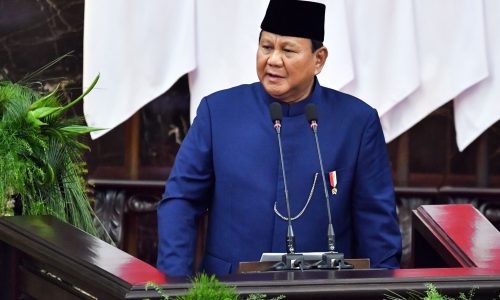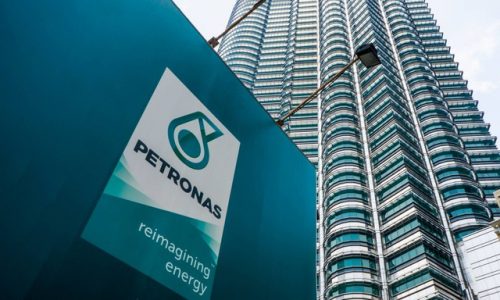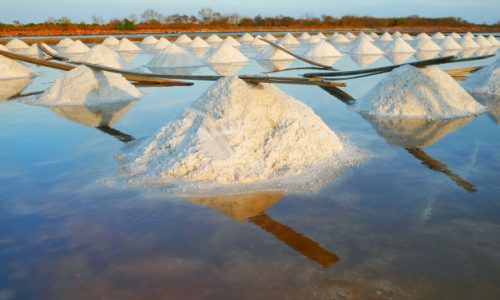The Business Competition Supervisory Commission (KPPU) is targeting the case of alleged Google monopoly violations through Google Play Store and its Google Play Billing (GBP) to be resolved this month, with Google being the subject to a sanction of 50 percent of the net profit of the GBP application.
Google Play Store is the largest application distribution platform in Indonesia with a market share of 93 percent.
Fashurullah Asa, Chairman of the KPPU, said that the hearing on the alleged Google case was held in July 2024, so it must be determined this month.
Later, GBP will be subject to a 50 percent penalty for the period from Wednesday, June 1, 2022 to the present.
“In January 2025, the fate of this case will be decided, because the provisions stipulate that each case must be completed no later than 6 months after the trial. Just wait, KPPU will oversee this case well,” Asa said on Wednesday, January 8, 2025.
Previously, KPPU had held a hearing on alleged monopoly violations related to the implementation of the GBP on Wednesday, July 1, 2024. Google violated Article 17 of Law No. 5/1999, namely control, production, and marketing of goods and services that result in monopolistic practices or unfair business competition.
Akhmad Muhari, Head of the KPPU Secretariat, said that GBP is a method or purchase of digital products and services in applications (in-app-purchases) distributed on the Google Play Store, in Indonesia. Through GBP, Google charges a service fee to applications of 15-30 percent of purchases.
There are numerous types of applications that are subject to GBP, including educational applications, fitness, music or video, games, ad-free content, cloud software and services, as well as productivity applications.
Akhmad cited that all applications downloaded from the Google Play Store must use GBP as their transaction method and may not use other alternative transaction methods, according to the GBP usage policy. Meanwhile, content providers or application developers are required to meet the provisions. Furthermore, Apps that do not comply with the GBP policy will be removed by the Google Play Store.









